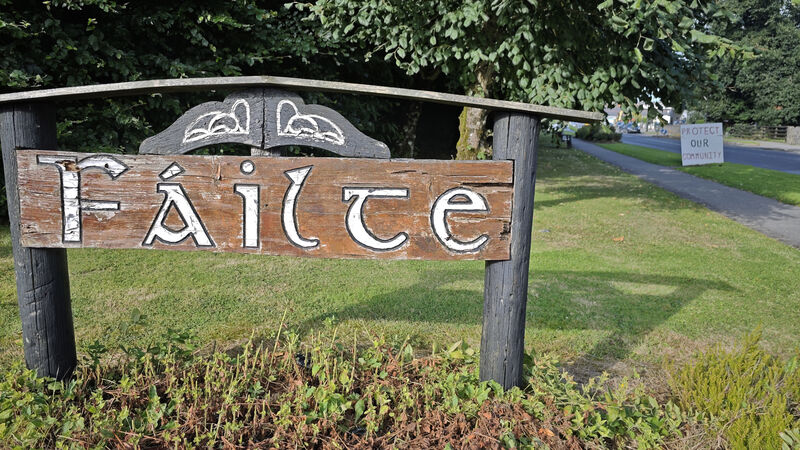Time permitted in State accommodation for Ukrainian refugees cut to 30 days

Under the new rules, Ukrainians arriving will only be permitted to stay in State-provided accommodation for 30 days — down from the previously permitted 90 days. Picture: Eamonn Farrell / © RollingNews.ie
Newly arriving Ukrainian refugees will only be entitled to stay in State-provided accommodation for 30 days, as senior ministers reach agreement on new rules.
Proposals from justice minister Jim O’Callaghan and migration minister Colm Brophy were formally agreed at the migration Cabinet subcommittee on Monday evening.














